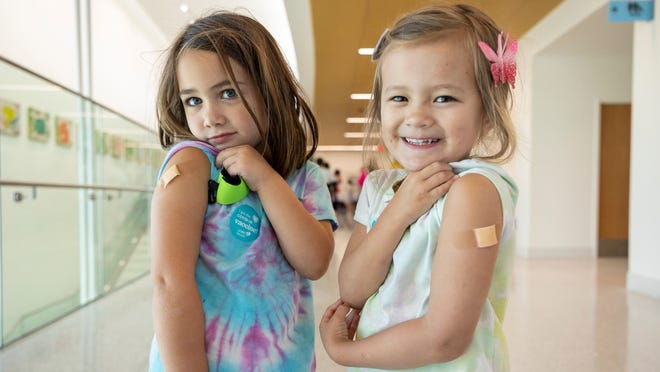As the U.S. faces another surge in COVID-19 cases, Americans on most insurance plans can get up to eight rapid tests per month at no cost to help detect infection and prevent further spread.
Insurance companies have been required to cover the tests authorized by the FDA since January, when the Biden administration put the federal requirement for private health insurers into effect.
Not everyone can get free COVID tests; millions of military families covered by the Defense health program Tricare can’t get them covered without an order from a health care provider for now, but Medicare members began taking advantage of the rule in April.
Here’s what to know:
COVID-19 CASES ON THE RISE:What to know about the current state of the pandemic
Who can get free COVID tests?
Each person covered as part of a qualifying insurance program is entitled to up to eight free at-home tests over-the-counter every 30 days. That means a family of four could get up to 32 tests. Plans are required to cover $12 per individual test, or $24 for a box of two.
How can you get them?
Some insurance plans will cover tests sold at in-network pharmacies at


